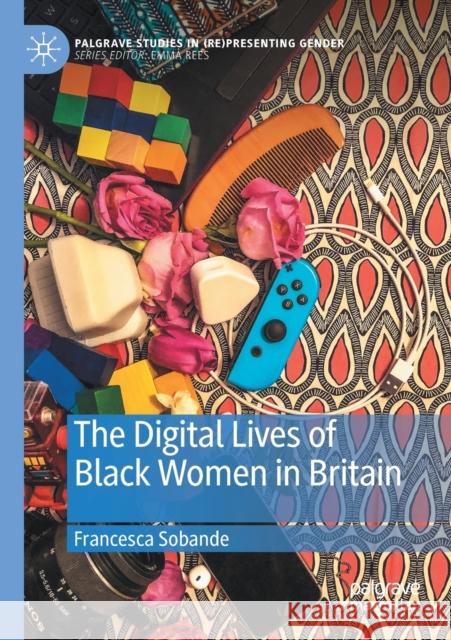The Digital Lives of Black Women in Britain » książka
topmenu
The Digital Lives of Black Women in Britain
ISBN-13: 9783030466817 / Angielski / Miękka / 2021 / 149 str.
The Digital Lives of Black Women in Britain
ISBN-13: 9783030466817 / Angielski / Miękka / 2021 / 149 str.
cena 133,12
(netto: 126,78 VAT: 5%)
Najniższa cena z 30 dni: 127,20
(netto: 126,78 VAT: 5%)
Najniższa cena z 30 dni: 127,20
Termin realizacji zamówienia:
ok. 22 dni roboczych
Bez gwarancji dostawy przed świętami
ok. 22 dni roboczych
Bez gwarancji dostawy przed świętami
Darmowa dostawa!
Kategorie:
Kategorie BISAC:
Wydawca:
Palgrave MacMillan
Seria wydawnicza:
Język:
Angielski
ISBN-13:
9783030466817
Rok wydania:
2021
Wydanie:
2020
Numer serii:
001142656
Ilość stron:
149
Waga:
0.22 kg
Wymiary:
21.01 x 14.81 x 0.94
Oprawa:
Miękka
Wolumenów:
01
Dodatkowe informacje:
Wydanie ilustrowane











